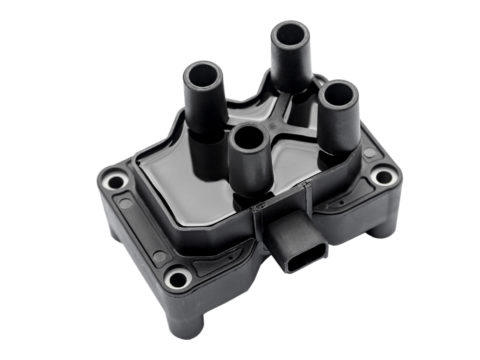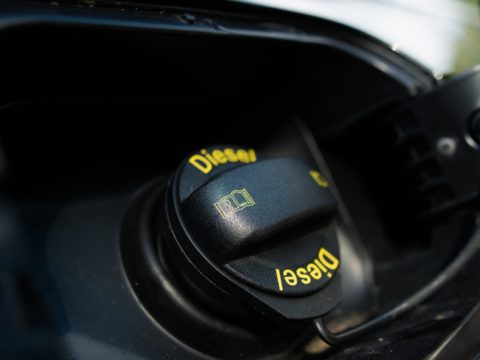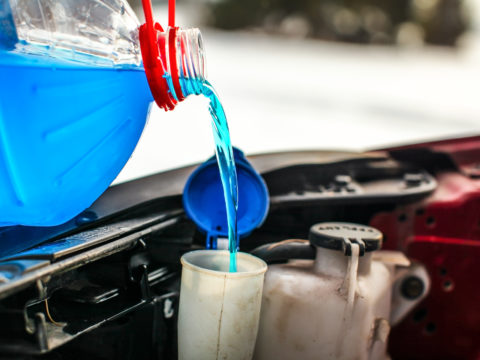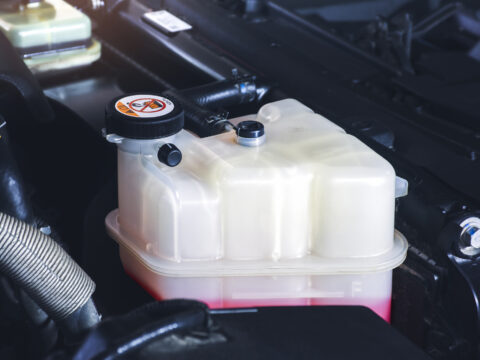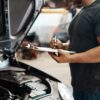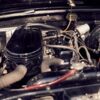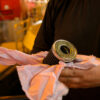Having bad gas in your car is one of the worst things that can happen, mainly because of the various ways it can damage a car’s engine. It is a situation that you will hopefully never have to deal with, but read on for some solutions if you’re experiencing it now.
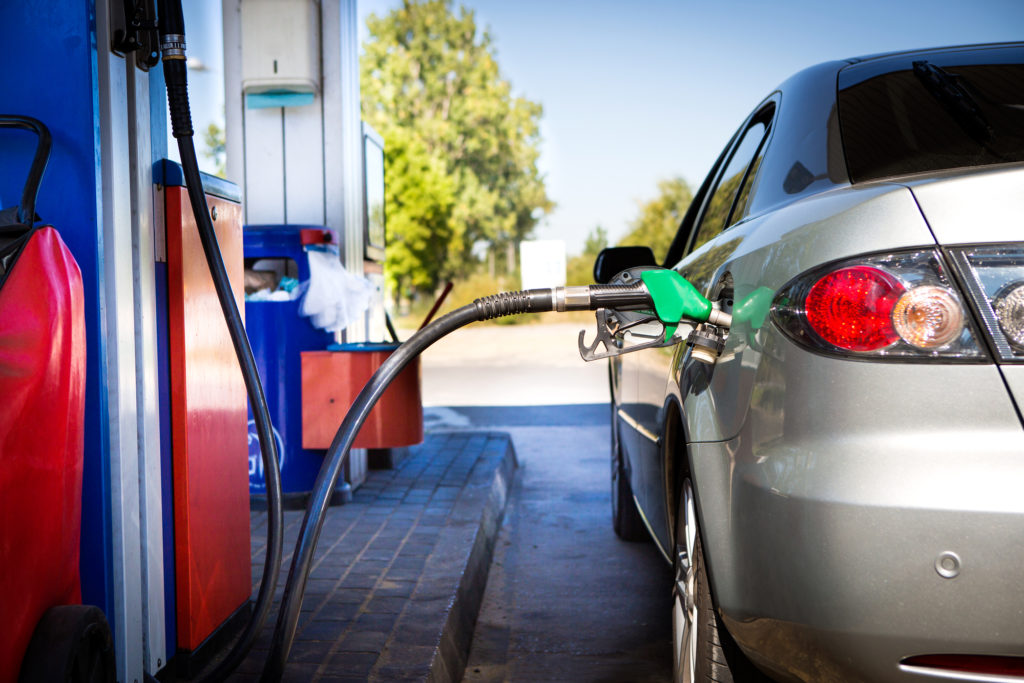
Contents
What Can Cause Bad Fuel in a Car?
Before taking any action to fix the issue, you will first want to determine the cause of the bad gas. Many things can lead to bad gas in your fuel tank, but the following four causes are ones you’ll want to keep in mind.
1) Contaminated Fuel Tank
While the gas itself might be fine when you put it into your vehicle, good gas will turn bad if your engine suffers from contamination. Of course, this might make you ask how a fuel tank suffers from contamination in the first place?
In rare cases, a fuel tank can have contamination or be defective right out the box, but also, if your car has sat for a lengthy period, then contamination can build up in the fuel tank.
2) Degraded Gasoline
Like most things, gasoline has an expiration date. Once it comes into contact with air, the clock starts ticking, and you’ll have about a month before the gas begins to go bad.
In this instance, the oxidization of the gas is what causes it to go bad and corrode the inside of your car’s fuel tank. If you can see your gas while it is in your tank and it looks murky instead of clear, then that is a telltale sign of it no longer being good.
3) Water in the Fuel tank
While not super common, water entering the fuel tank of a car can cause contamination in the fuel tank. If you keep your fuel tank’s gas cap on correctly, then water should never be able to get inside, making this cause a relatively easy one to rule out.
That said, if water does ever somehow enter your fuel tank, you should drain and refill the tank as soon as possible.
4) Bad Gas from a Gas Station
Even more uncommon than water in the fuel tank, getting bad gas straight from a gas station can lead to bad gas being in your car.
While you will probably never have to worry about this particular cause, if you ever have any reason to suspect that a gas station’s gas is bad, do not use it.
Symptoms of Contaminated Fuel in Car
Unlike the causes, the symptoms of contaminated fuel in a car are much less difficult to determine.
1) Engine Stops Running
The first and most prominent symptom is if your car’s engine starts acting strange, mainly if it suddenly stops running without warning.
Now, many other things can cause similar engine problems. However, suppose you already suspect that you might have bad fuel in your car and start to have engine problems shortly after that. In that case, you can safely assume that the issues result from bad gas.
2) Engine Won’t Start
Additionally, if your engine refuses to start, that is likely indicative of bad gas. However, ensure that the engine is not failing to start because of a malfunctioning or dead battery before you determine that bad gas is the culprit.
3) Inconsistent Speed
When driving at a set speed, if you notice your vehicle suddenly increase or decrease its speed without you changing the amount of pressure you’re applying to the gas pedal, you might have bad gas in the tank. Though note that speed changing problems could also come from a bad clutch or low transmission fluid levels.
4) Slow or Jerky Acceleration
In some cars, there is an internal-combustion engine that takes heat from burning gasoline and turns that heat into power that drives all the mechanical work and torque of the wheels.
When bad fuel is inside the internal-combustion engine, the vehicle may experience acceleration issues—namely, jerky acceleration, slow acceleration, or an inability to accelerate.
5) Your Car Burns Through Fuel Faster Than Normal
Not all cars get the same amount of miles out of fuel, but when you have bad gas in your vehicle, you can notice a difference in how fast your fuel runs out. This occurs due to your engine not being able to get as much production out of bad gas.
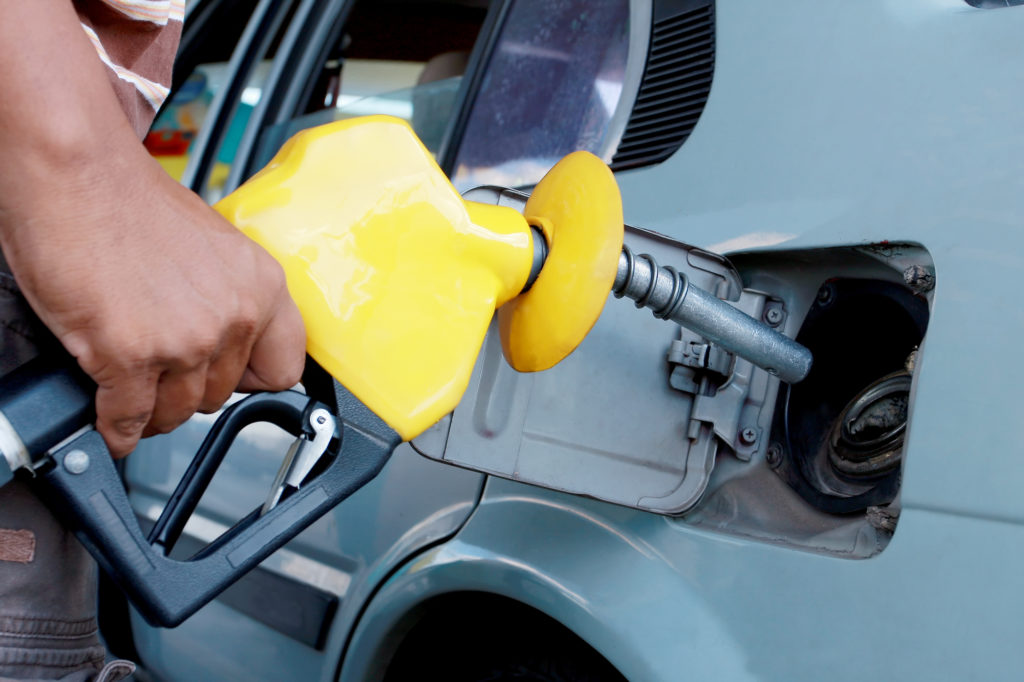
What NOT to Do When You Notice Bad Fuel in Your Car?
If you notice bad fuel in your car, here are a few things not to do.
1) Don’t Keep Driving
While bad gas will not damage your engine immediately if you have to keep driving, it will damage your engine sooner rather than later. Your engine also has to work harder when running off bad gas, so the sooner you can stop driving, the better.
2) Don’t Ignore the Issue
The longer you let the bad fuel sit in your car’s fuel tank, the more damage the tank will sustain long-term. There are some car issues that you can put off for a decently long while and still be able to drive the vehicle with little or no problems.
However, because bad gas is not one of those issues, you need to be sure to address it as soon as you can after discovering it.
3) Don’t Rush to a Fix
In contrast to the previous point, as necessary as it is to get bad fuel out of your car as quickly as possible, rushing to do so is the last thing you want to do.
Rushing any process of auto repairs is never a good idea because you risk creating a new problem or making your current problem even worse.
So, a slow and steady approach is your best friend here.
4) Don’t Try to Fix the Problem on Your Own
Trying to fix the problem on your own is often not advisable.
The only exception is if you are a mechanic yourself or someone who has a fair amount of experience working with the ins and outs of cars. Though even then, if you don’t feel fully confident in your ability to deal with bad fuel in your car, take the safe approach and contact a mechanic.
What to Do When You Notice Bad Fuel in Your Car
Now, let’s cover some basic things you should do when you notice bad fuel in your car.
1) Have Your Car Tested for Bad Fuel
Before doing any of the following actions, you’ll want to ensure that your car has bad fuel. You can test your vehicle yourself with a fuel test and procedure kit, but doing this requires knowledge of automobiles that you might not possess. So, it is safer to have a professional do it instead.
2) Identify the Cause of the Bad Fuel
Knowing how bad fuel got into your car in the first place will help you with removing it as if it’s the result of a fuel tank that has contamination, removing the gas alone will not fully fix the issue.
You also want to know the cause, so you will be able to decide on the best possible fix, as you want to avoid doing guesswork as much as possible with an issue this serious.
3) Try to Drain the Gas from Your Tank
If you have the tools and knowledge to do so, you can manually drain gas from your car with a fuel siphon system. But again, only do this if you know how and are comfortable with such a task.
4) Make Sure There Is No Water in the Tank
If you find that your gas tank is defective because water got into it, you will want to make sure you remove all the water before adding more gas.
To do this, use a fuel additive that works with removing water, but make sure there is more fuel than water in the tank before you use the additive.
5) Seek out a Certified Mechanic
Once you identify the cause of the bad fuel, contact a certified mechanic. This is always the smartest move you can make for yourself, as seeking out the advice of a professional is almost always going to serve you better than trying to fix the problem yourself.
How Do You Get Rid of Contaminated Gas from Your Fuel Tank?
To remove contaminated gas from your fuel tank, either use a fuel siphon system kit or go to a shop that works on automobiles and have it done by a professional.
How Much Does It Cost to Fix Bad Gas in a Car?
The cost of fixing a car with bad gas largely depends on how much damage the vehicle sustains. For example, if it’s just removing the gas, that might cost less than $100, but you’ll have to pay substantially more if the whole engine needs replacing.
FAQs
Here are answers to a few questions you may still have.
What does bad gas look like?
Unlike the clear appearance of good gas, bad gas will look murky and somewhat similar to apple cider in terms of color.
Is a gas station responsible for bad gas?
Yes, gas stations can give your car bad gas, although this is an infrequent occurrence.
Is it bad to put regular gas in a car that takes premium?
Yes, you should avoid putting regular gas in a car that takes premium. This is because using regular gas could potentially void your warranty on your vehicle, but more importantly, it could lead to engine damage.

